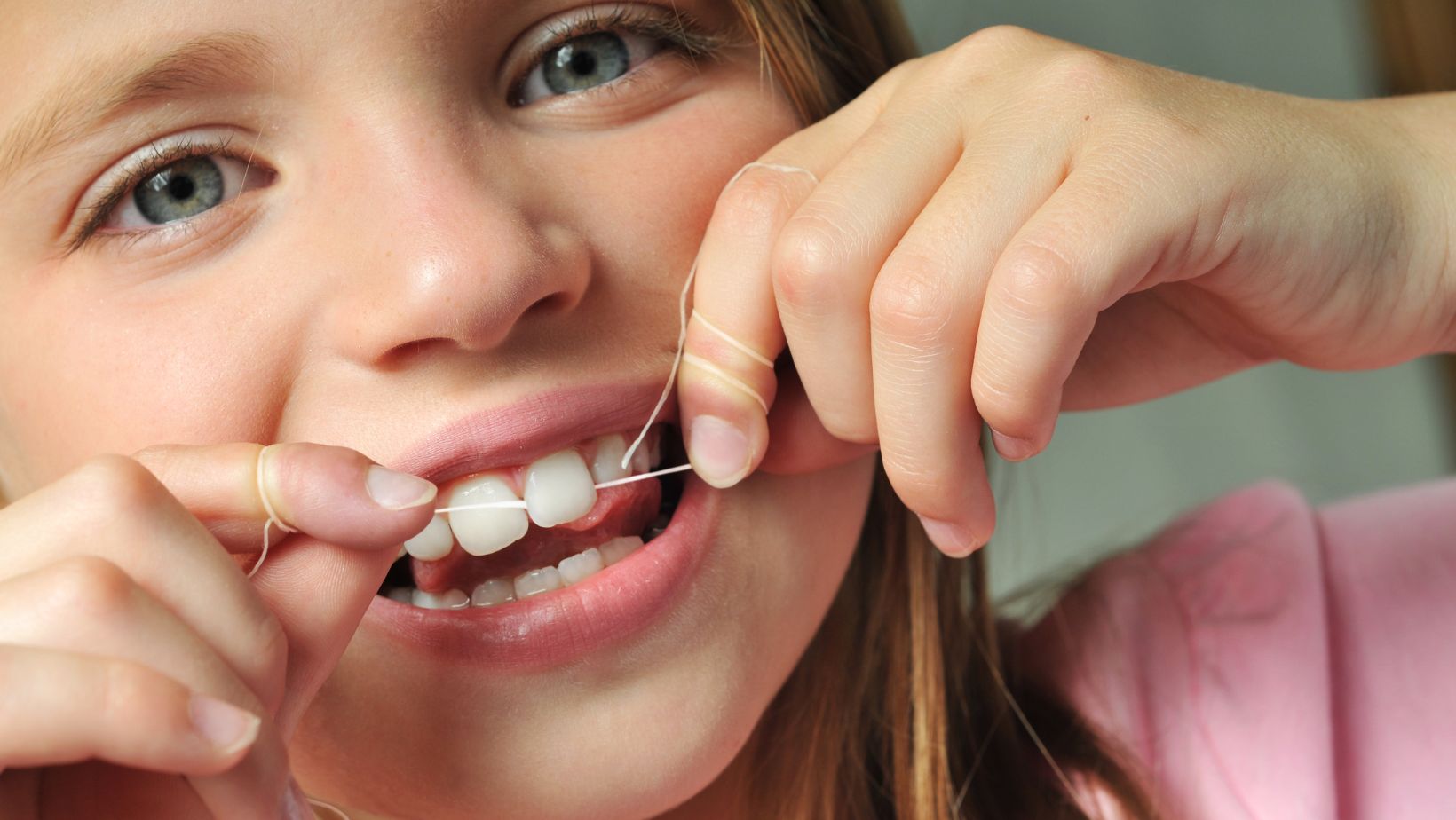The benefits of adding a floss to your routine
The benefits of adding a floss to your routine
The mouth is full of bacteria, or as we tell our kid patients, “sugar bugs”. These “sugar bugs” love to eat what we like to eat: sugar. When we put sugar in our mouths, the bacteria eats the sugar, digests it, and converts it to acids and toxins. The bacteria then secrete these acids and toxins into your mouth. (we tell the kids the sugar bugs are pooping.) And then, as the acid sits on your tooth for a long time without being removed, it eats away at your tooth, and that’s how tooth decay forms.
A lot of people think that bacteria eat away at our teeth, but this isn’t the case. Think about it: would bacteria rather eat teeth or sugar? Bacteria eat sugar, but it’s the acid from the bacteria that eats away at our teeth.
Most people brush their teeth every day, which protects the chewing surfaces (the front, top, and tongue sides of the tooth) from bacterial acids. However, if one doesn’t floss, between the teeth is where the bacteria are able to reside safely from toothbrush “attacks”. As long as you don’t floss, bacterial buildup remains, producing acids that eventually create cavities.
Imagine the bacteria eating sugar, then creating acid, secreting this acid between your teeth, and then remaining there, gradually causing continual damage. This could go on day after day and, in some cases, month after month, or even longer.
This is why between-tooth decay is so common for people who don’t floss. But there are even greater problems involved.
Teeth are held in place by bone, and the bacterial acid that eats away at your teeth begins to eat away at the bone too then the teeth become mobile, and even may move from side to side.
Brushing your teeth and flossing twice a day is the best dental care that you can give yourself and your teeth. As the saying goes, “Be true to your teeth, and they won’t be false to you.”
Contact our office (703)719-9305 for a full dental examination and a professional cleaning, including an evaluation of your oral hygiene habits and how they can be improved.



